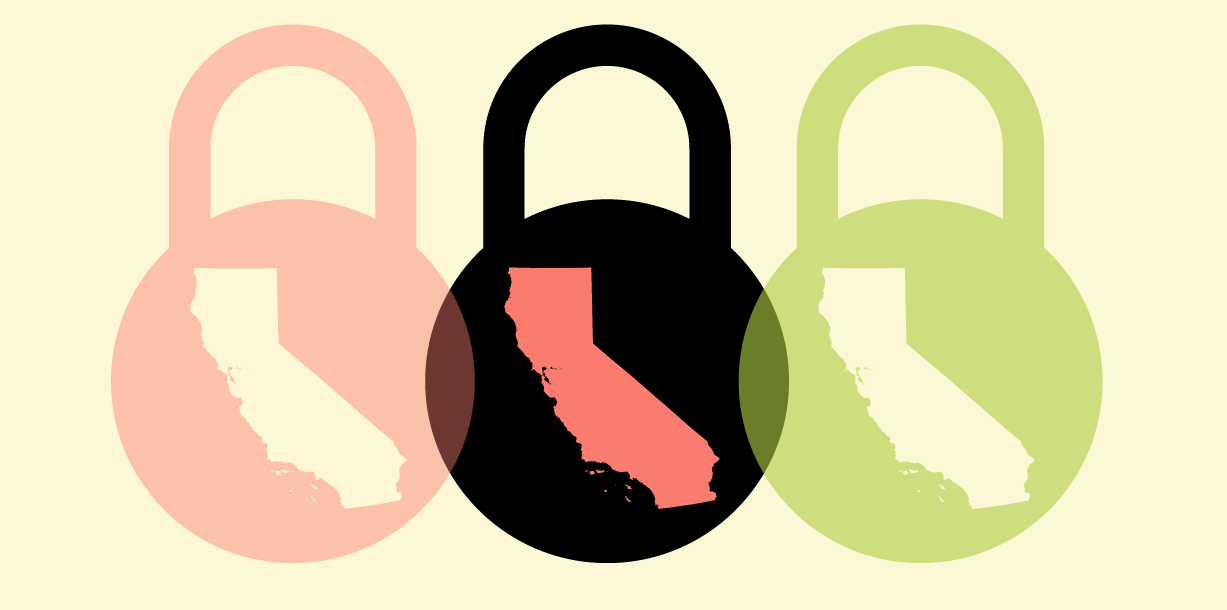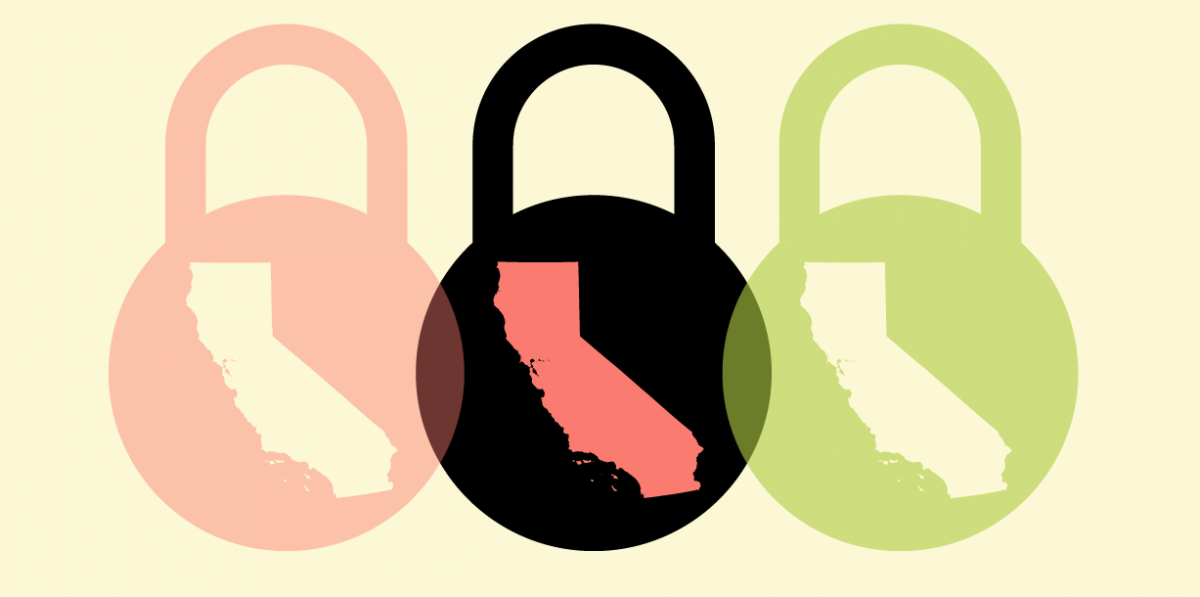If a company disclosed information about your cable subscription without your permission, you already have the legal right to take them to court. Why should it be any different if a company ignores your requests about how to treat some of your most private information—where you go, where you live, or who you are?
94 percent of Californians agree they should be able to take companies that violate their privacy to court. S.B. 561, authored by Sen. Hannah-Beth Jackson and sponsored by the Attorney General, would allow individuals to stand up to the big companies that abuse their information and invade their privacy.
California: Tell The Senate to Empower You To Stand Up For Your Privacy
This bill is the only one in the California legislature today to strengthen enforcement of the California Consumer Privacy Act (CCPA), an important privacy law passed last year and slated to go into effect in January.
The CCPA established important rights, but lacks the bite it needs to back up its bark. Empowering consumers to be able to sue companies directly, also known as a private right of action, is one of EFF’s highest priorities in any data privacy legislation.
A private right of action means that every person can act as their own privacy enforcer. Many privacy statutes allow people to sue companies directly, including federal laws on wiretaps, stored electronic communications, video rentals, driver’s licenses, and, yes, cable subscriptions.
The CCPA gives Californians a limited right to do this—just in cases of data breach. But failing to protect against data breaches is not the only way that companies violate our privacy and abuse our trust.
S.B. 561 would give consumers this powerful tool in all cases where companies violate their CCPA rights. If passed, this law would allow consumers to take companies to court if:
- companies sell their data after being told not to
- companies do not delete information after being asked to
- companies refuse to comply with data portability requests
- companies discriminate against them for exercising their privacy rights
- companies sell the information of those younger than 13 without first obtaining explicit permission to do so
Private enforcement is a necessary right for consumers to have as a check on the behavior of giant companies that vacuum up our personal information and ignore our wishes.
Private enforcement is a necessary right for consumers to have as a check on the behavior of giant companies that vacuum up our personal information and ignore our wishes.
Government agencies alone cannot sufficiently protect individual privacy. Agencies may fail to enforce privacy laws for any number of reasons, including competing priorities, regulatory capture, or, as is the case in California, a lack of resources.
Stacey Schesser, Supervising Deputy Attorney General on Consumer Protection, said in an April hearing that her office—even after an expansion—would only be able to prosecute three cases a year to protect the rights of 40 million Californians.
“The reason that the PRA [private right of action] is so important here is because it provides a critical adjunct to the work of the Attorney General. It would work in parallel in ensuring that the law is enforced,” Schesser said. “To provide those rights and then say that you can’t enforce them if companies don’t comply, that’s about fundamental fairness as well.”
It is not enough for government to pass laws that protect consumers from corporations that harvest and monetize their personal data. It is also necessary for these laws to have bite, to ensure companies do not ignore them.
Tell your state Senator to publicly support S.B. 561 and empower you to enforce your own privacy rights.


